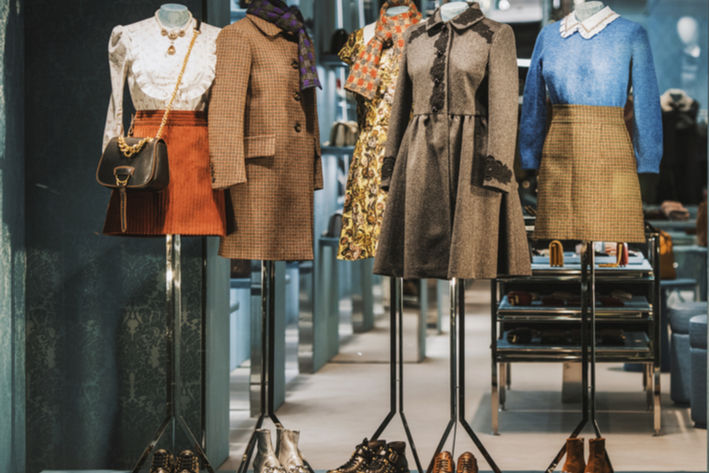85% fashion brands do not disclose annual production volumes: Report

The seventh edition of the Fashion Transparency Index, an initiative of not-for-profit global movement Fashion Revolution, rates 250 of the globe’s biggest fashion brands and retailers on the basis of their public disclosure of human rights and environmental policies, practices, and impacts regarding their operations and supply chains.
The Index revealed that while 45 per cent of big brands publish targets on sustainable materials, only 37 per cent release information on what constitutes a sustainable material. Moreover, only 24 per cent of major brands divulge how they reduce the impacts of microfibres even though textiles are the largest source of microplastics in the ocean.
A whopping 94 per cent of major brands and retailers do not disclose how many workers in their supply chains are paying recruitment fees. This gives an unclear idea of the dangers of forced labour since workers may be taking huge loans in order to secure jobs that pay dismal wages. Merely 8 per cent of brands publish the measures that they have undertaken on racial and ethnic equality in their supply chains, according to the Fashion Transparency Index 2022.
“It is frustrating to see brands’ continued lack of transparency on critical issues like their waste volumes, carbon and water footprints, and workers being paid a living wage. When there is a lack of transparency on the issue itself, we cannot reasonably understand if what is being done is robust enough to drive the impact we so urgently need. Transparency empowers civil society and workers’ representatives and until brands publicly disclose all the information necessary to hold them accountable for their impacts, being un-transparent feels like a deliberate strategy to reinforce the status quo,” said Liv Simpliciano, Fashion Revolution’s Policy & Research Manager.
Despite these disappointing results, Fashion Revolution is encouraged by increasing supply chain transparency among many major brands, primarily with first-tier manufacturers where the final stage of production occurs, e.g., cutting, sewing, finishing and packing. “Nine brands have disclosed their first-tier manufacturers for the first time this year. It is encouraging to see significant progress across market segments including luxury, sportswear, footwear and accessories and across different geographies,” Fashion Revolution said.
Fashion Revolution is a global movement campaigning for a fashion industry that conserves and restores the environment and values people over growth and profit.
Fibre2Fashion News Desk (NB)
































-Ltd..jpg?tr=w-120,h-60,c-at_max,cm-pad_resize,bg-ffffff)





.jpg?tr=w-120,h-60,c-at_max,cm-pad_resize,bg-ffffff)
.jpg?tr=w-120,h-60,c-at_max,cm-pad_resize,bg-ffffff)






